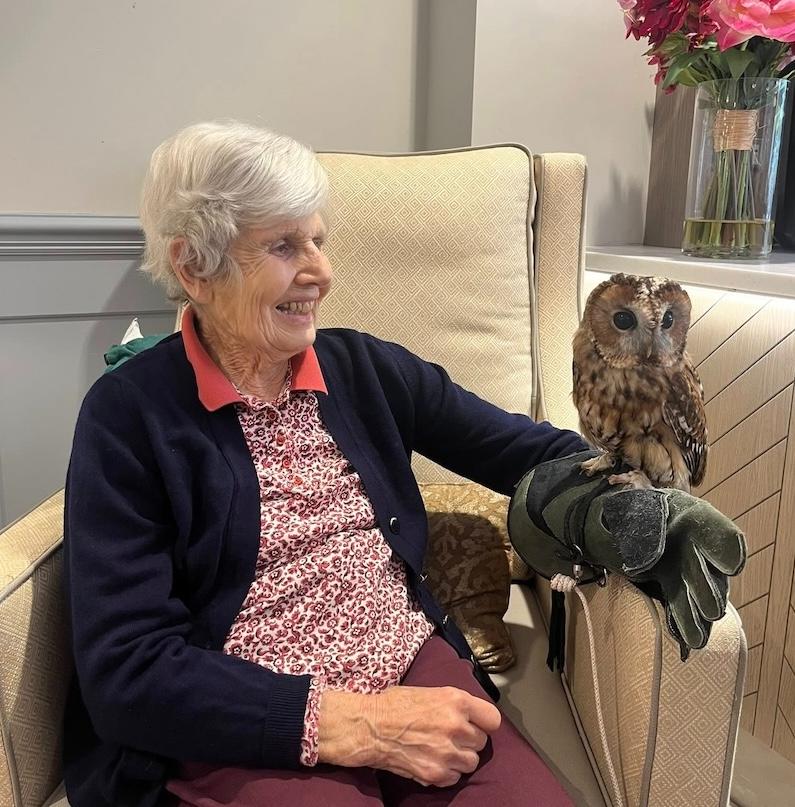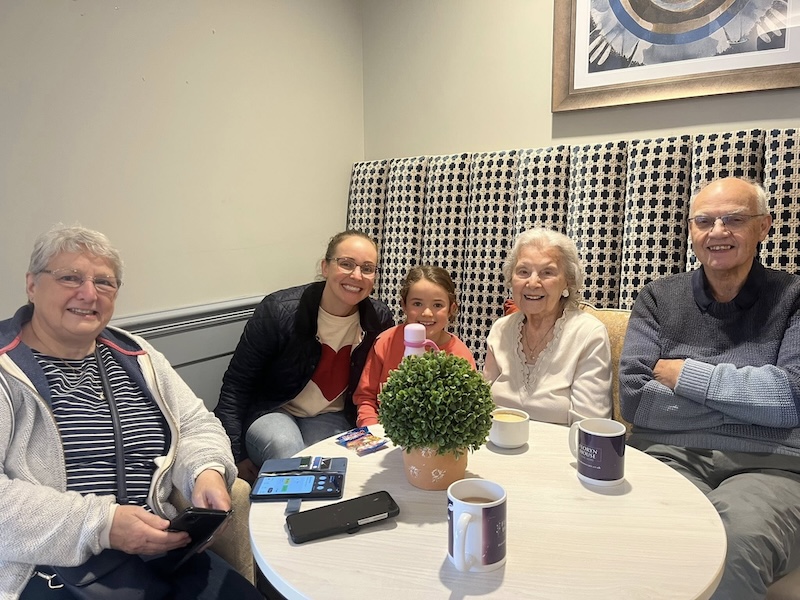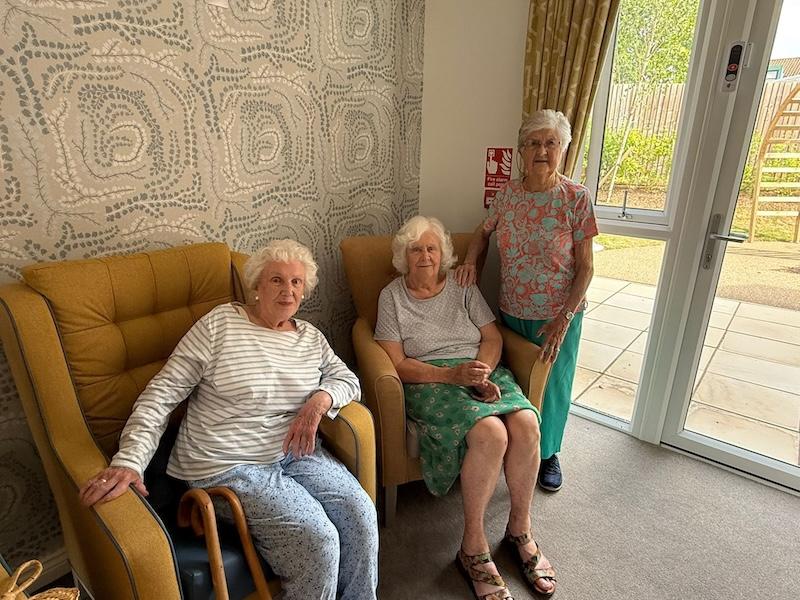How a Regular Activities Programme Enhances Residents’ Quality of Life
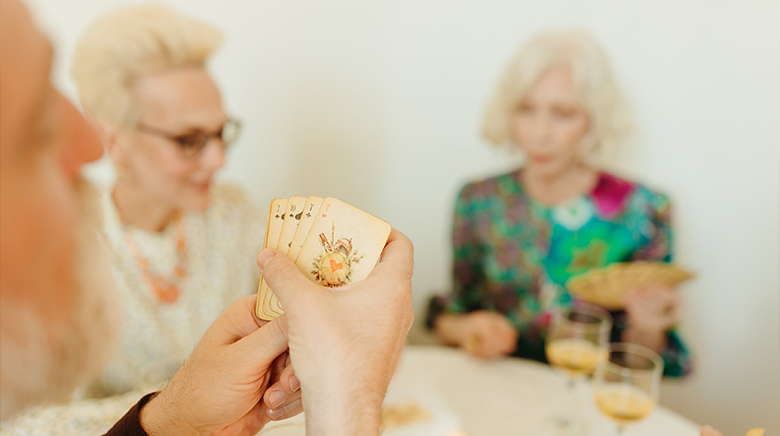
When it comes to supporting individuals in care homes, ensuring a high quality of life is about a lot more than just meeting basic needs. A truly holistic approach to care involves combining physical health, mental well-being, and maintaining dignity and independence. A regular activities programme is one of the most effective ways to achieve this.
In this blog, we’ll explore how regular activities can improve life and keep residents active, from enhancing physical and mental health to increasing social opportunities. We’ll also look at how offering personalised activities for care home residents creates meaningful experiences which contribute to residents feeling fulfilled, supported, and truly at home.
The Link Between Activities and Well-Being
As individuals age, staying active and engaged is extremely important. Loneliness and social isolation are common risks for older adults, especially for those who live alone. Regular engagement in structured recreational activities can mitigate these risks by promoting social interaction, improving mood, and fostering stronger social connections.
Beyond social benefits, these activities also contribute to residents’ psychological well-being by giving them a sense of achievement and purpose. Being actively involved in an engaging programme and leisure activities helps to combat feelings of loneliness and encourages residents to take part in their community which can lead to a higher quality of life.
Physical Health Benefits - Why Care Homes Should Keep Residents Active
Maintaining physical health in later life through physical activities is essential for ensuring residents retain their independence for as long as possible. Regular physical activity, even at a gentle or moderate intensity, helps to preserve functional ability, improve mobility, and reduce the risk of falls. This is particularly important for those who reside in care homes, where maintaining physical function can make daily living tasks, such as dressing or walking, more manageable.
Evidence from the World Health Organisation and other bodies has completed environmental research and highlighted the significant role of exercise in reducing the risks of chronic diseases such as heart disease and arthritis. Additionally, being physically active contributes to better circulation, improved joint health and an increased sense of independence.
Incorporating meaningful activities in care homes, such as an exercise program,s not only supports physical health but also contributes to residents’ overall well-being by improving their sleep quality and boosting energy levels. Even small, consistent amounts of activity can yield measurable improvements in residents’ health outcomes. Care home teams take the time to get to know residents and tailor their activities to their individual needs to provide a continuum of care, so whether they receive residential care, dementia care or nursing care, there will be something for everybody to take part in.
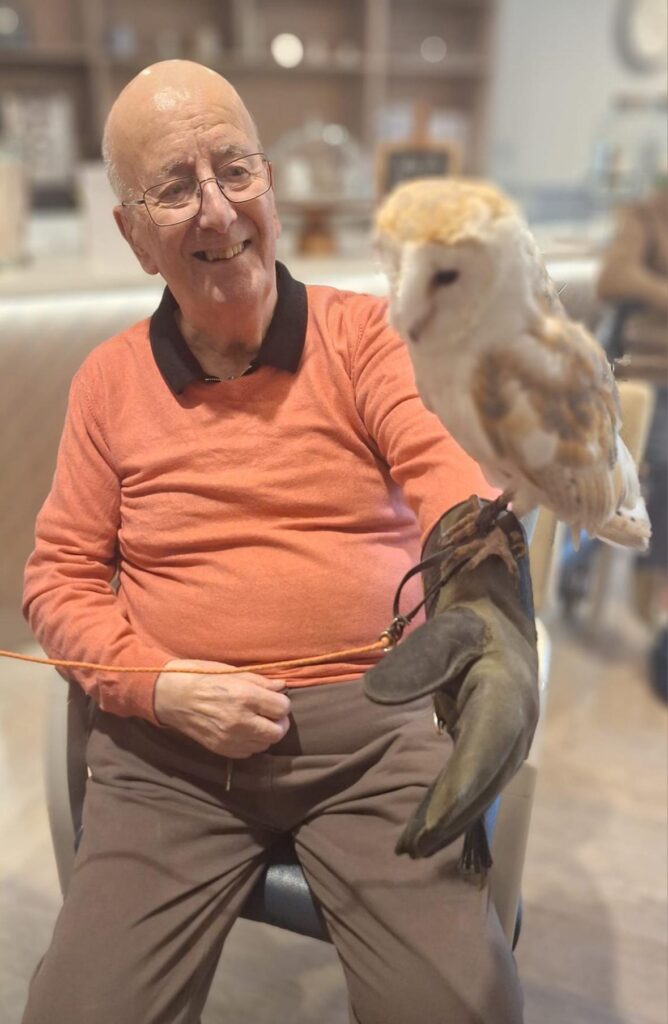
Examples of Meaningful Activities for Care Home Residents
A successful activities programme should be varied and tailored to meet the needs of all residents. Below, we have outlined five examples of meaningful and engaging activities that care homes in Oxfordshire can incorporate into their activities programme.
Pet Therapy
Spending time with animals has a proven positive effect on mental health and emotional well-being. Pet therapy sessions involve bringing trained therapy animals, such as dogs or cats, to visit residents.
For many residents, stroking or simply sitting with a friendly animal can reduce stress, ease loneliness, and provide comfort. These sessions are particularly beneficial for residents with dementia or those who may struggle to communicate verbally, as the calming presence of an animal can bring moments of joy and connection.
In addition to therapy pets, some care homes even keep small animals like fish, rabbits, dogs or birds on-site. Watching and caring for animals can give residents a sense of purpose and responsibility, while also providing a soothing and therapeutic environment.
Arts and Crafts
Arts and crafts provide residents with an opportunity to express themselves while engaging in a therapeutic and enjoyable activity. Painting, knitting, clay modelling, or even making decorations for seasonal events are popular choices that residents love doing.
These activities are particularly beneficial for residents with cognitive impairment or dementia, as arts & crafts sessions stimulate sensory and motor skills while encouraging creativity. The sense of achievement residents feel when crafting can significantly boost their self-esteem and overall well-being.
Gardening and Outdoor Activities
Spending time outdoors has been shown to reduce stress and improve both mental health and physical health. For residents, gardening is a wonderful way to stay active and connect with nature. When staying on-site and gardening, planting flowers, watering plants, or simply tending to a vegetable patch, can offer residents a sense of purpose and routine whilst having a beautiful addition to the home. Even residents living with limited mobility can benefit from gardening by working on raised flowerbeds or participating in sensory garden activities, such as smelling herbs or touching different textures.
It is also important for care homes to connect and build relationships with their local community, so going out and joining in on any events is a great way to do so. Whether it is a community walk, a local bingo game or coffee morning or visiting a local garden centre, there are many benefits to also tailoring activities to what is available in the local community.
Music and Reminiscence Therapy
Music therapy is a deeply enriching activity for all residents and is often a popular activity choice for residents. Familiar songs and melodies can trigger fond memories, create moments of connection and encourage residents to sing and dance which can uplift the overall mood and increase a sense of community and belonging.
Similarly, reminiscence therapy, which involves sharing stories, photographs, or personal objects, helps residents reconnect with their past and share their life experiences with others. It also gives care home teams the opportunity to get to know their residents better and continue to provide the utmost levels of care services.
Games and Puzzles
Games and puzzles offer both mental stimulation and opportunities for social interaction. Classic board games like Scrabble or chess, card games, or group quizzes can be tailored to suit residents, their needs and their interests.
For residents who prefer individual activities, care homes could incorporate jigsaw puzzles, crossword puzzles, or word searches to provide cognitive challenges that keep the mind active. These activities are effective in slowing cognitive decline and supporting overall well-being whilst giving residents a sense of achievement when they complete them.
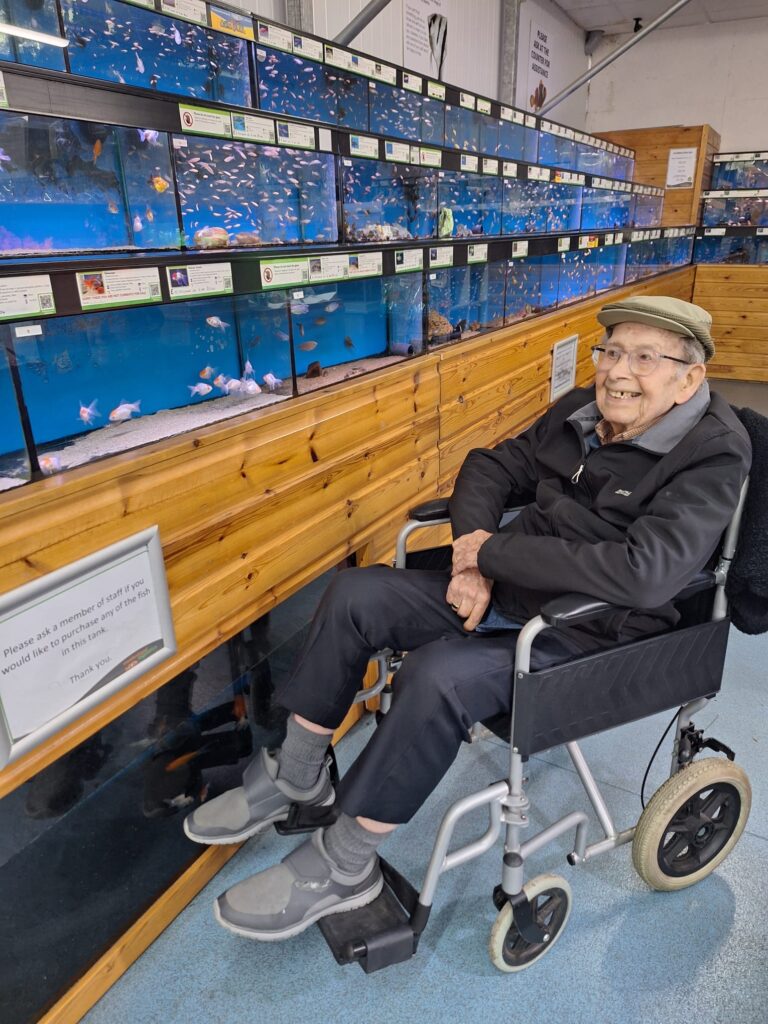
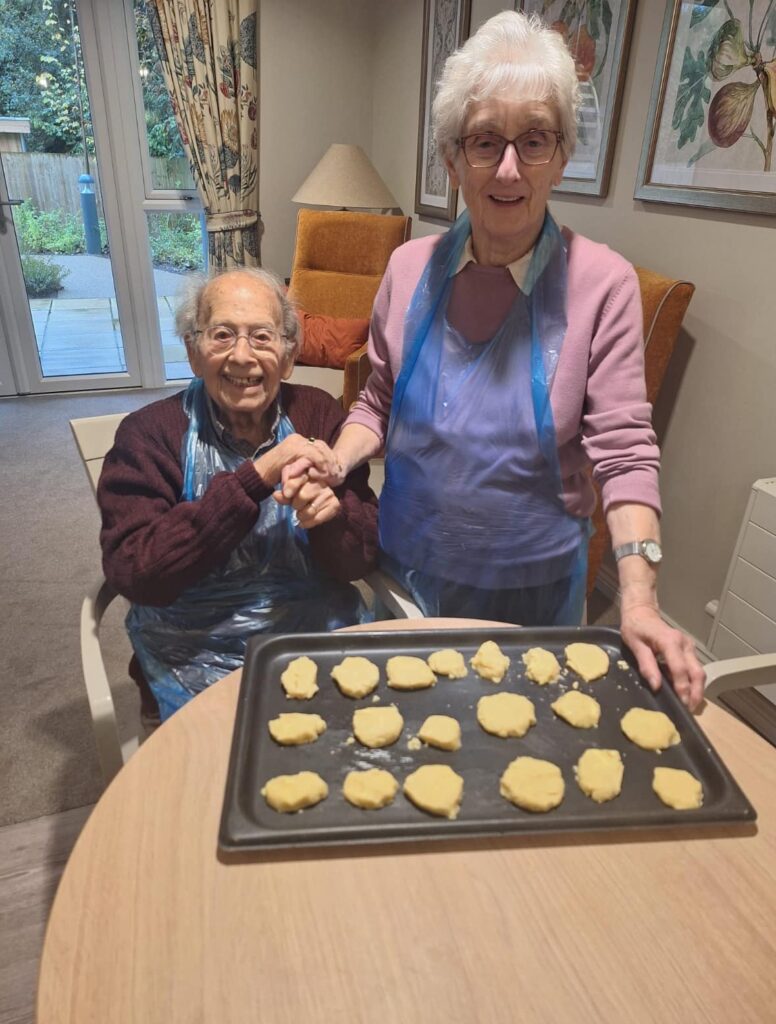

Our Activities Programme at Floryn House Care Home
At Floryn House Care Home, we offer exceptional levels of Residential Care, Dementia Care, Nursing Care and Respite Care for up to 73 residents. Our team of dedicated and compassionate care experts are available around the clock to support our residents in any way they need it.
We offer an activities & entertainment programme as part of our luxury in-house facilities. We understand both the short-term and long-term benefits that regular everyday activities can have on our residents and always have something for them to get involved in at our care home in Yarnton. Our activities coordinators regularly communicate with residents and adapt our programme to ensure they get the most out of each day. We also have a great relationship with the members of our local community and regularly get involved in events or invite them to join us at Floryn House.
To keep up with what our residents get up to, check out our news & events page or if you think Floryn House might be the right care home for you or your loved one, get in touch with our wonderful team and come and see our beautiful care home for yourselves.


